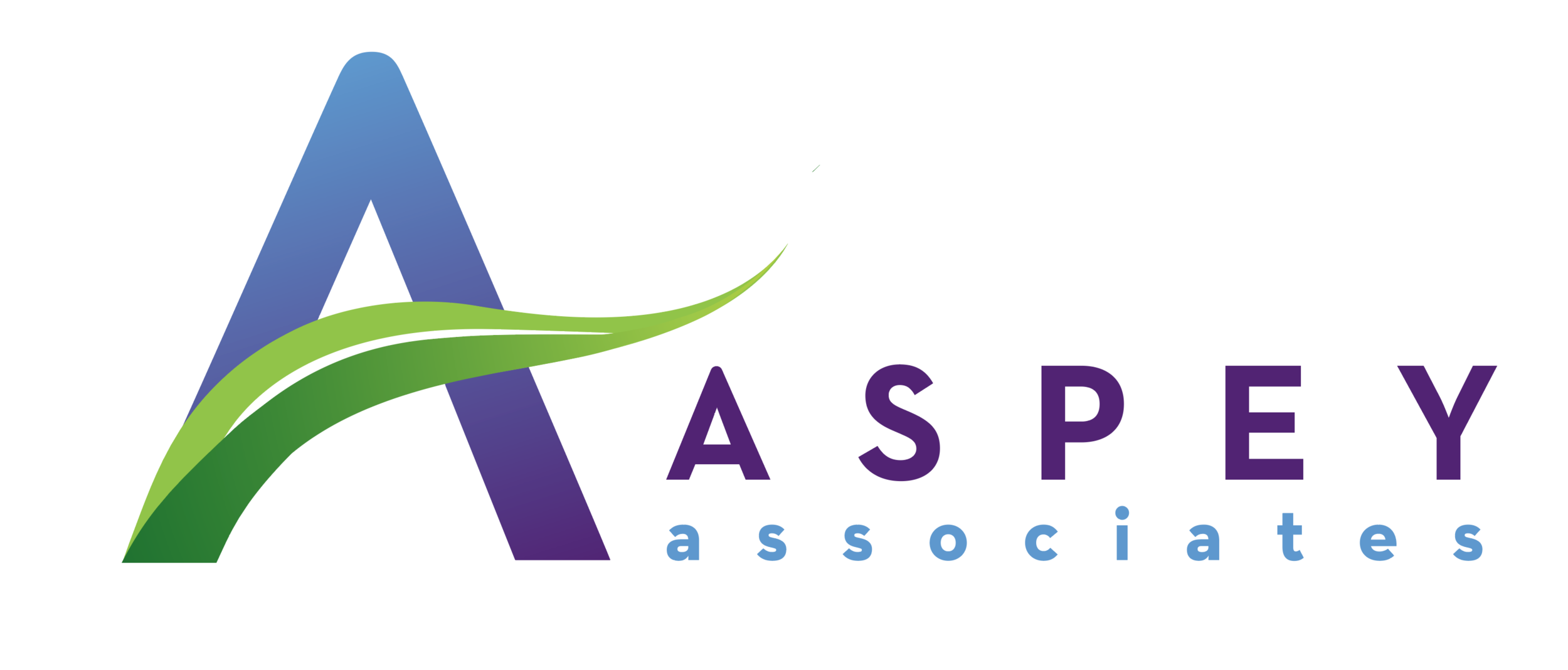In articulating the question, you're starting to formulate the answer
Whenever I’m delivering a keynote, teaching, or facilitating groups, people ask me questions.
Questions about how the the ideas I'm offering might be used in their context, or what they could do if they encounter challenges, or how they should deal with a specific situation or person, and so forth.
And when I am coaching clients, or supervising other coaches, they also often ask me what I think.
In most cases, rather than answer them immediately, I ask, encouragingly, “What do you think?” or “What are your thoughts on it?” - and they almost always have something to say. And it is frequently creative, intelligent, wide yet precise, solution-oriented and satisfying for them. You can see them almost become lighter as the insight emerges.
There seem to be a lot of pervasive assumptions about questions - that people ask us questions because they don’t know the answer themselves, or that they are too lazy, or fearful to take risks, or overly dependent on someone else telling them what to think. Or that they need us to come up with the questions, not them. That they need input, help, someone else’s thinking. Our thinking.
Rarely, in my view, are these assumptions true.
Sometimes leaders complain that people only come with problems and questions, not solutions and answers - and they're possibly making these very same assumptions. And so they might get impatient, or have a knee jerk ‘helpful' response, and just give them the answer.
Yet in so doing, kill the other person’s own continued thinking.
I believe that when people ask me a question, they may not yet have the answer, but it's highly likely, if I give them my generative, uninterrupted Attention, that they will formulate it.
I have also witnessed, on numerous occasions, how their mind will think better in the presence of a question than it will in the presence of a statement, whether it's my question or theirs. It's energizing to watch.
And taking this even further, I now wonder, is the question already the thinking?
People don’t ask questions because they aren’t thinking, they already are.
It’s just the start. And in voicing the question that is bubbling up in their mind, they have begun to start the answer themselves when we step back and allow their thinking and voice to continue.
And so it strikes me that we could usefully re-examine what questions actually are. They're not the end of someone's thinking - they're the beginning.
So, if you knew that in articulating the question, they've started to formulate the answer - what would you do?

